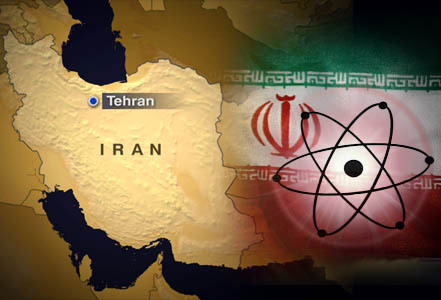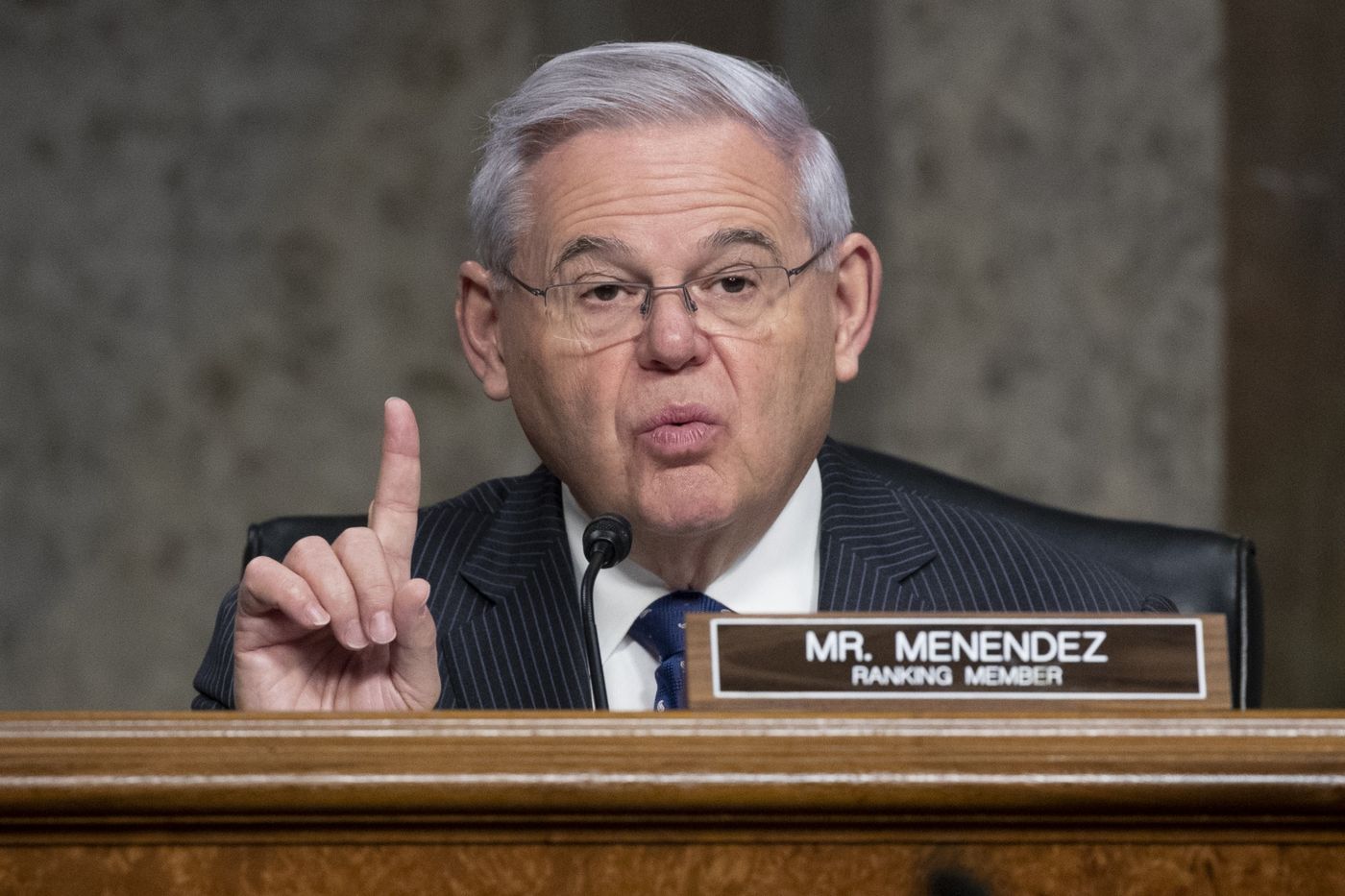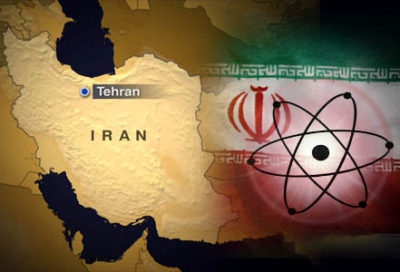By Daniel Flatley and Tony Czuczka

Senior Republican senators called on President Joe Biden to keep the U.S. out of the nuclear deal with Iran, joining some Democrats who’ve voiced reservations about the agreement.
The agreement, signed in 2015 by Iran and six world powers including the U.S., “remains riddled with problems” and sets timelines for restrictions on Iranian nuclear activities that “were far too short in the original deal and are unrealistic now,” five GOP lawmakers said in a letter to Biden released on Sunday.
Those signing the letter were James Inhofe and James Risch, ranking Republicans on the Senate Armed Forces and Foreign Relations committees, respectively, and senators Rob Portman, Pat Toomey and Marco Rubio.
Biden has offered Iran talks on potentially returning to full compliance with the nuclear accord, an overture that has produced little tangible progress since he took office in January. Former President Donald Trump withdrew the U.S. from the nuclear deal in 2018 and pursued a policy of closer engagement with Saudi Arabia, Iran’s regional adversary.
While Biden’s pledge to explore a U.S. return to the deal was welcomed by allies, including major European economic partners committed to upholding the accord, it’s being questioned even by key Democrats.
Simply returning to the deal as it stands would be “problematic,” Senate Foreign Relations Committee chairman Bob Menendez said last week.
“I would have concerns because then what Iran will have effectively done is whenever it wants to get the world to accept and lift sanctions against it, it just rattles the cage by moving closer to the fissile material threshold,” he said in an interview.

Democratic Senator Ben Cardin said any new deal needs to “be done in a way that’s a more open process with our strategic partners in the Middle East, so that they have a meaningful role to play in U.S. policy related to Iran.”
The five Republicans said that if the U.S. engages with Iran, it needs a broad, bipartisan strategy that includes ending Iran’s “destabilizing activities in the region and beyond” and ensuring that limits on its nuclear program “are long enough to guarantee Iran will not use these tools to threaten its neighbors.”
Any agreement must address regional terrorism, Iran’s ballistic missiles and its detention of U.S. nationals, and the U.S. shouldn’t agree to any sanctions relief for Iran as a condition for negotiations, they said.
The U.S. wants Iran to take the first step by returning to compliance with the deal, followed by an expansion that may include longer restrictions on Iran’s nuclear program, curbs on ballistic missiles and support for regional proxies. Iran says the U.S. must undo sanctions first because it pulled out of the agreement.
Secretary of State Antony Blinken said in January that if Iran returns to compliance with the accord, known as the Joint Comprehensive Plan of Action, the U.S. would seek to build a “longer and stronger” agreement to address what he called “deeply problematic” issues.
BLOOMBERG
| Republican senators say existing deal ‘riddled with problems’ President has offered to re-engage with Iran after Trump era LISTEN TO ARTICLE 2:44 SHARE THIS ARTICLE Share Tweet Post Email Senior Republican senators called on President Joe Biden to keep the U.S. out of the nuclear deal with Iran, joining some Democrats who’ve voiced reservations about the agreement. The agreement, signed in 2015 by Iran and six world powers including the U.S., “remains riddled with problems” and sets timelines for restrictions on Iranian nuclear activities that “were far too short in the original deal and are unrealistic now,” five GOP lawmakers said in a letter to Biden released on Sunday. Those signing the letter were James Inhofe and James Risch, ranking Republicans on the Senate Armed Forces and Foreign Relations committees, respectively, and senators Rob Portman, Pat Toomey and Marco Rubio. While Biden’s pledge to explore a U.S. return to the deal was welcomed by allies, including major European economic partners committed to upholding the accord, it’s being questioned even by key Democrats. Simply returning to the deal as it stands would be “problematic,” Senate Foreign Relations Committee chairman Bob Menendez said last week. “I would have concerns because then what Iran will have effectively done is whenever it wants to get the world to accept and lift sanctions against it, it just rattles the cage by moving closer to the fissile material threshold,” he said in an interview. |


Leave a Reply
You must be logged in to post a comment.